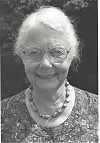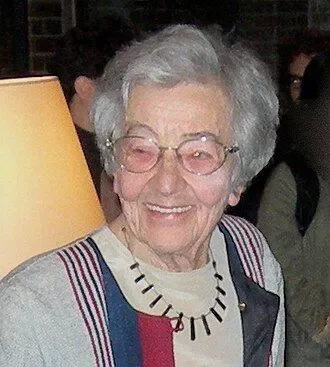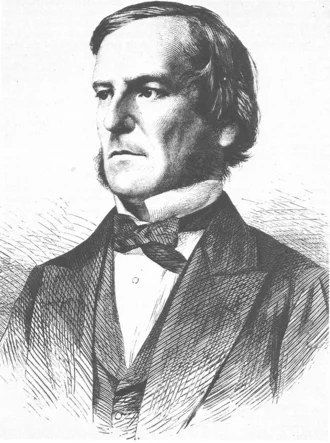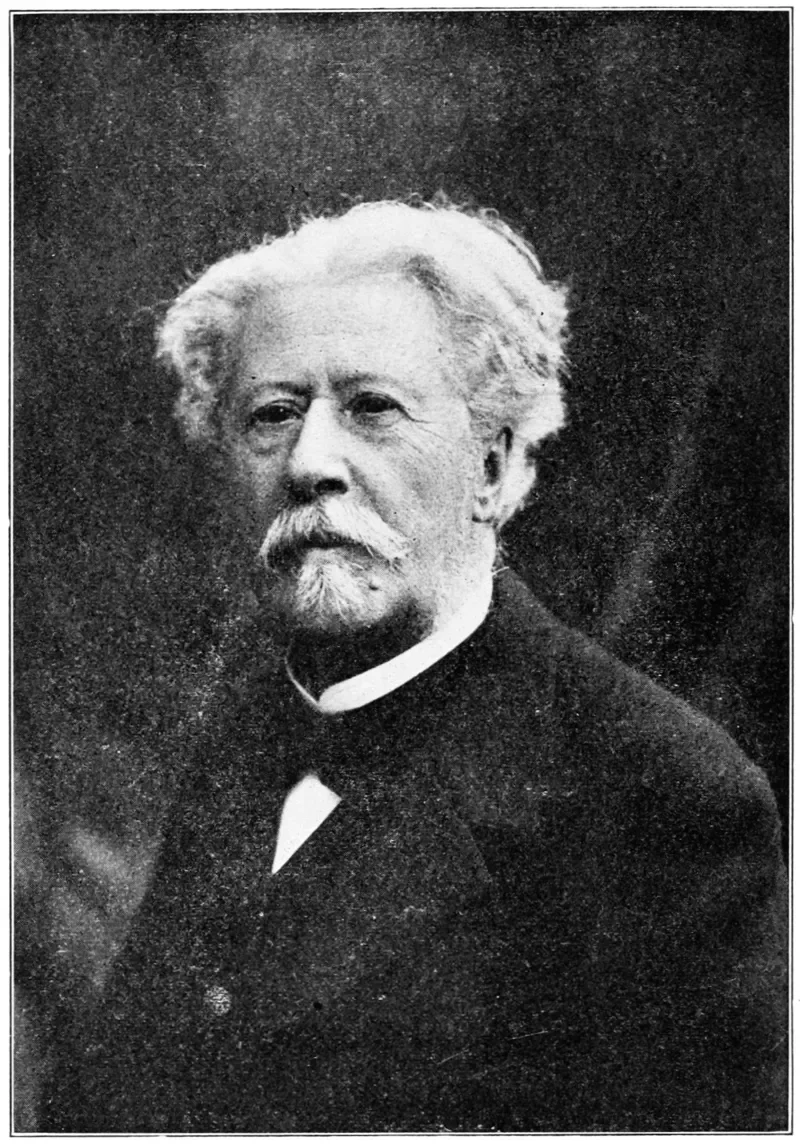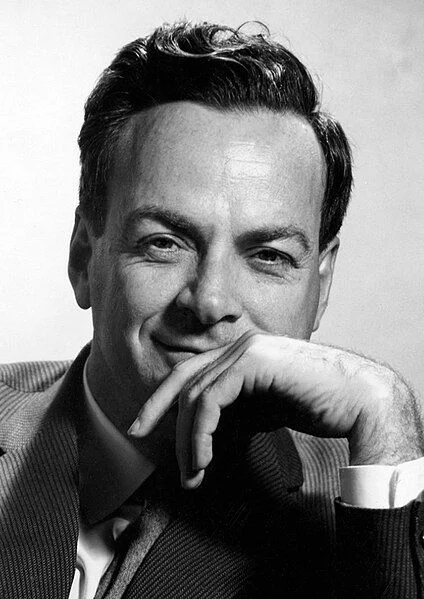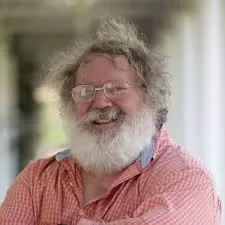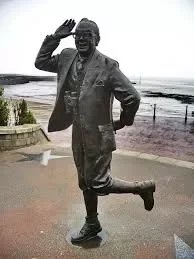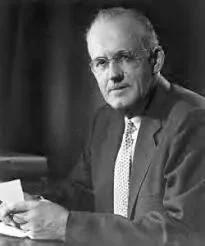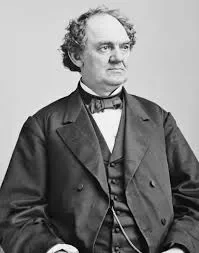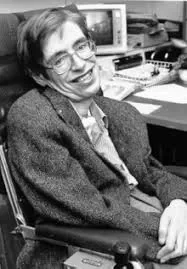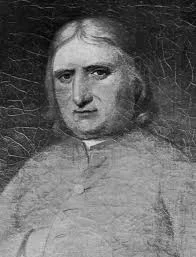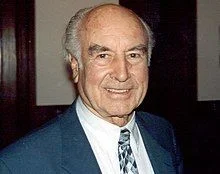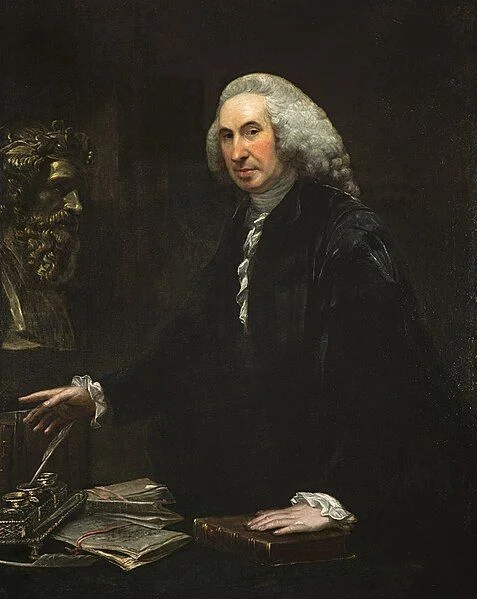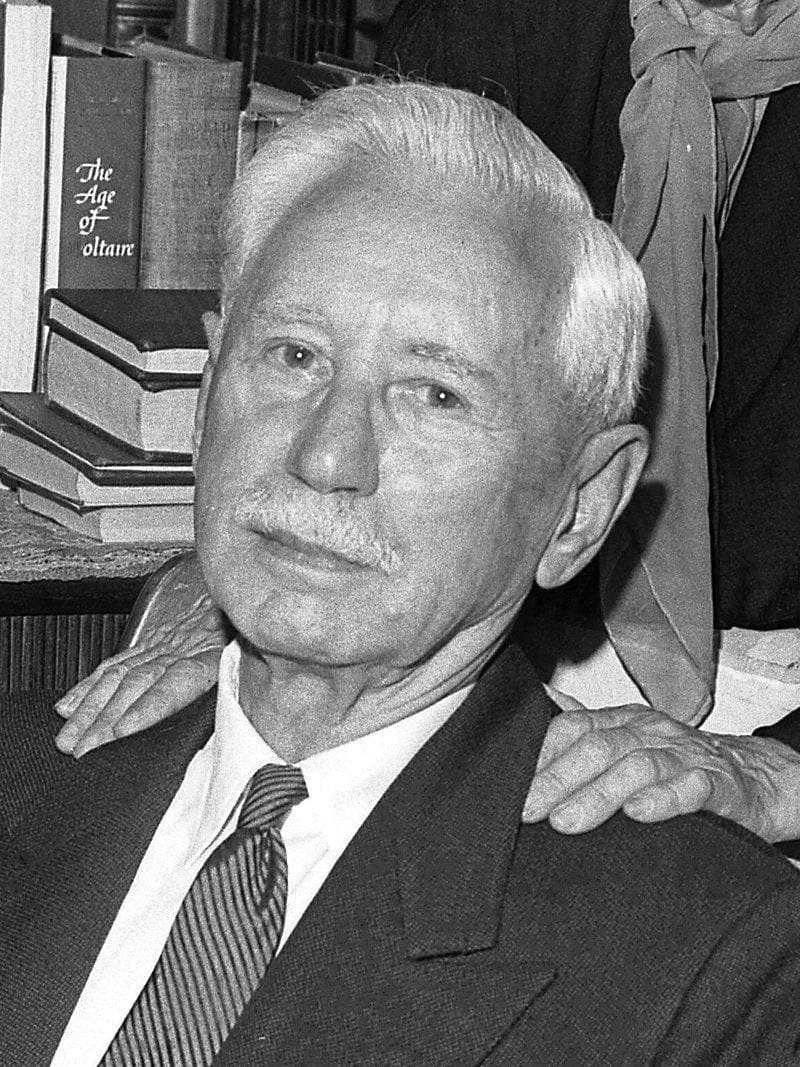Real Celebrities Never Die!
OR
Search For Past Celebrities Whose Birthday You Share
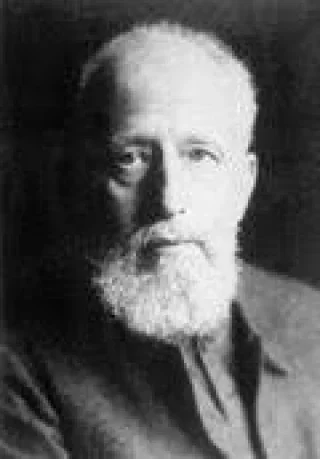
source: kant-cassirer-neukantianismus.eu
Jonas Cohn
Birthday:
01 Dec, 1869
Date of Death:
28 Jan, 1947
Cause of death:
Natural causes
Nationality:
German
Famous As:
Academic
Age at the time of death:
77
Jonas Cohn's Quote's
Jonas Cohn: German Philosopher and Educator
Jonas Cohn (1869–1947) was a German philosopher, educator, and psychologist, prominent for his work on Neo-Kantianism and research in pedagogy and experimental psychology. Born in Görlitz, Germany, he was educated primarily in natural sciences with specializations in botany but moved to philosophy at university level. The Work of Immanuel Kant definitely influenced the philosophical outlook of the man, and he became a head figure in the development of late 19th and early 20th-century German intellectual thought.
Education and Early Career
Cohn completed his university education at some of Germany’s most respected institutions, namely Heidelberg and Berlin. He received his doctorate in 1892. He was professor of philosophy at the University of Freiburg and became a key figure until 1933. The Neo-Kantian was a school which he, like many of his contemporaries, subscribed to, placing human perception as the critical factor in constituting reality. His work focused mainly on the relationship between subjective experience and objective knowledge, as well as the role of values in guiding human behavior.
Contributions to Education
Education was one of Cohn’s most influential contributions: Cohn believed education should not transmit mere knowledge but allow the development of individual autonomy. This view found its base on the belief that education is to prepare students for independent membership in their cultural and historical communities. His pedagogical ideas focused on the dialectical process of individual development, where personal freedom and societal norms must be balanced to encourage growth and social participation.
Contributions to Experimental Psychology
Apart from his work in philosophy and education, Cohn produced significant contributions to experimental psychology. He was interested in psychology of perception and memory. He experimented to find the relationship between sensory input and cognitive processes. The earlier figures who influenced Cohn are Wilhelm Wundt and Hermann Ebbinghaus. His experimental approaches shaped methods. His work in psychology was an extension of his more general philosophical goals: to investigate how human beings come to their values and how these values then shape our view of the world.
Philosophy and Cultural Values
Cohn’s philosophy did not stop with abstract thought; instead, he and his ideas went to the service of culture and society. In his Wertwissenschaft (1932), and in a later work titled Wirklichkeit als Aufgabe (1955) Cohn went out to explore how cultural values can be systematically apprehended and infused into the modern way of life. Here, philosophy and education should not be static but evolve with the needs of the times of society.
Exile and Later Years
With the advent of Hitler’s regime in 1933, Cohn, a Jewish national, had to leave Germany. He went to England and came back to Germany after the war. He remained there until his death in 1947 continuing his philosophical and educational activities. His work has remained of immense influence for many scholars in philosophy, psychology, and pedagogy, especially in the fields of modern educational theory and cultural philosophy.
Legacy
Cohn’s legacy can be considered through his writings and the impact of his ideas on philosophy development into educational theory, psychology, and cultural values.
Name:
Jonas Cohn
Popular Name:
Jonas Cohn
Gender:
Male
Cause of Death:
Natural causes
Spouse:
Place of Birth:
Görlitz, Germany
Place of Death:
Basel, Switzerland
Occupation / Profession:
Personality Type
A central theme in Cohn’s work was the idea of dialectical processes, where the tension between opposing forces (such as individual freedom and social norms) leads to progress and development.
Cohn contributed to the emerging field of experimental psychology, conducting studies on perception and memory. His work explored how sensory experiences influenced cognitive processes.
Cohn’s educational theories aimed to foster autonomy and critical thinking in students. He believed that education should not only transmit knowledge but should also encourage personal growth and social responsibility.
Cohn was deeply influenced by the works of Immanuel Kant, particularly his philosophy on knowledge and perception.
Due to his Jewish heritage, Cohn fled Nazi Germany in 1933 to avoid persecution. He spent time in England before eventually returning to Germany after World War II.
Authored influential works on aesthetics and philosophy of culture
Prominent figure in the Neo-Kantian movement
Recognized for bridging scientific and philosophical thought

